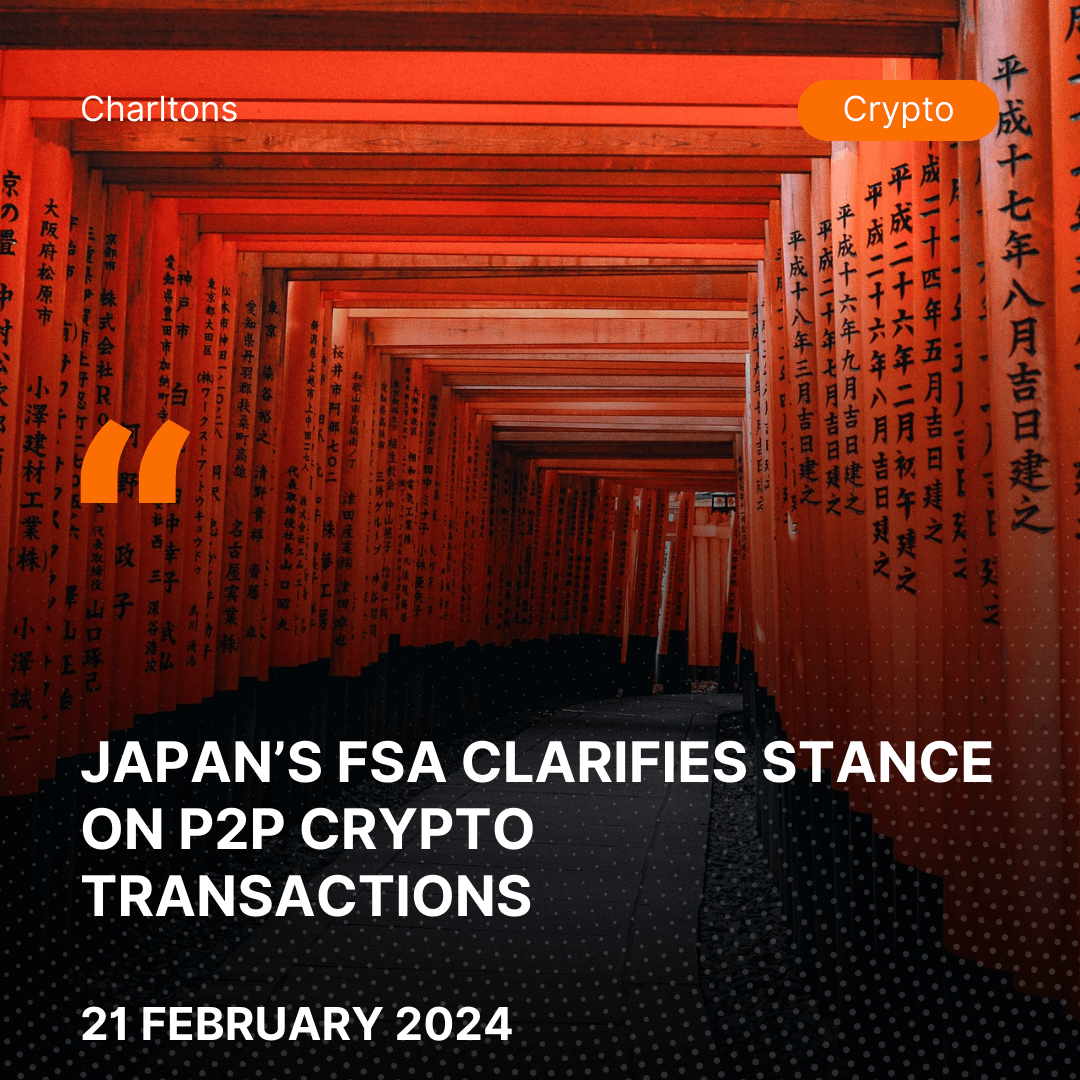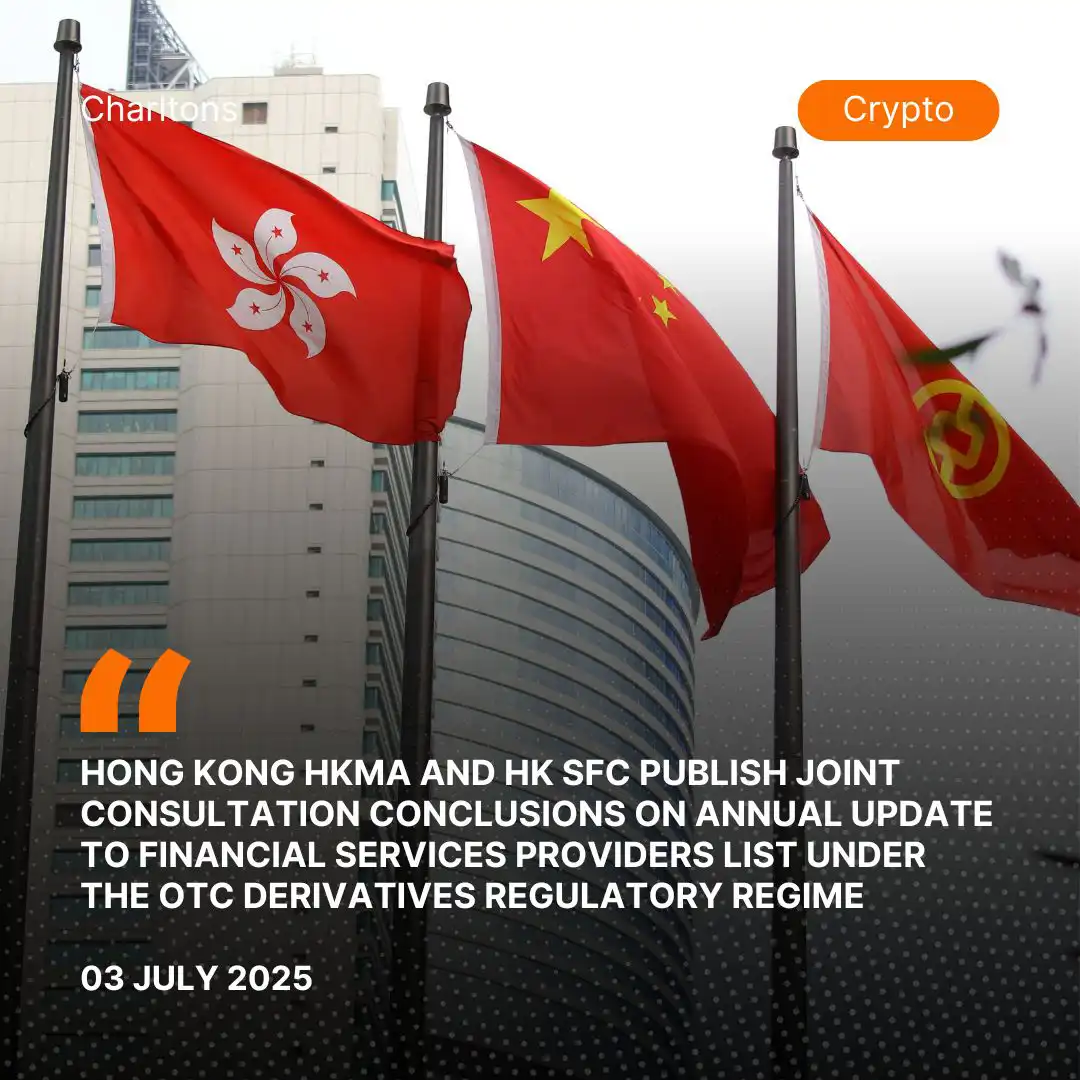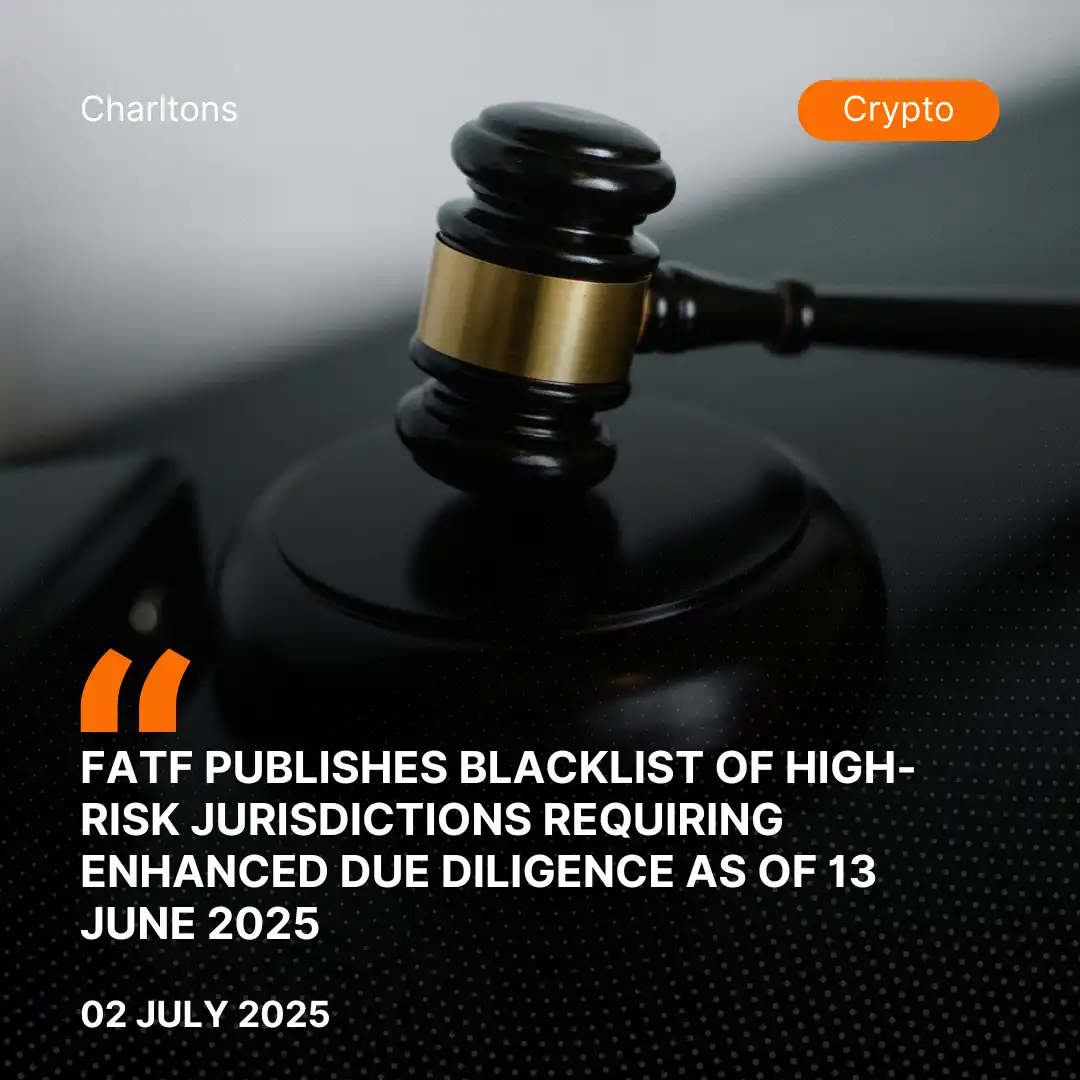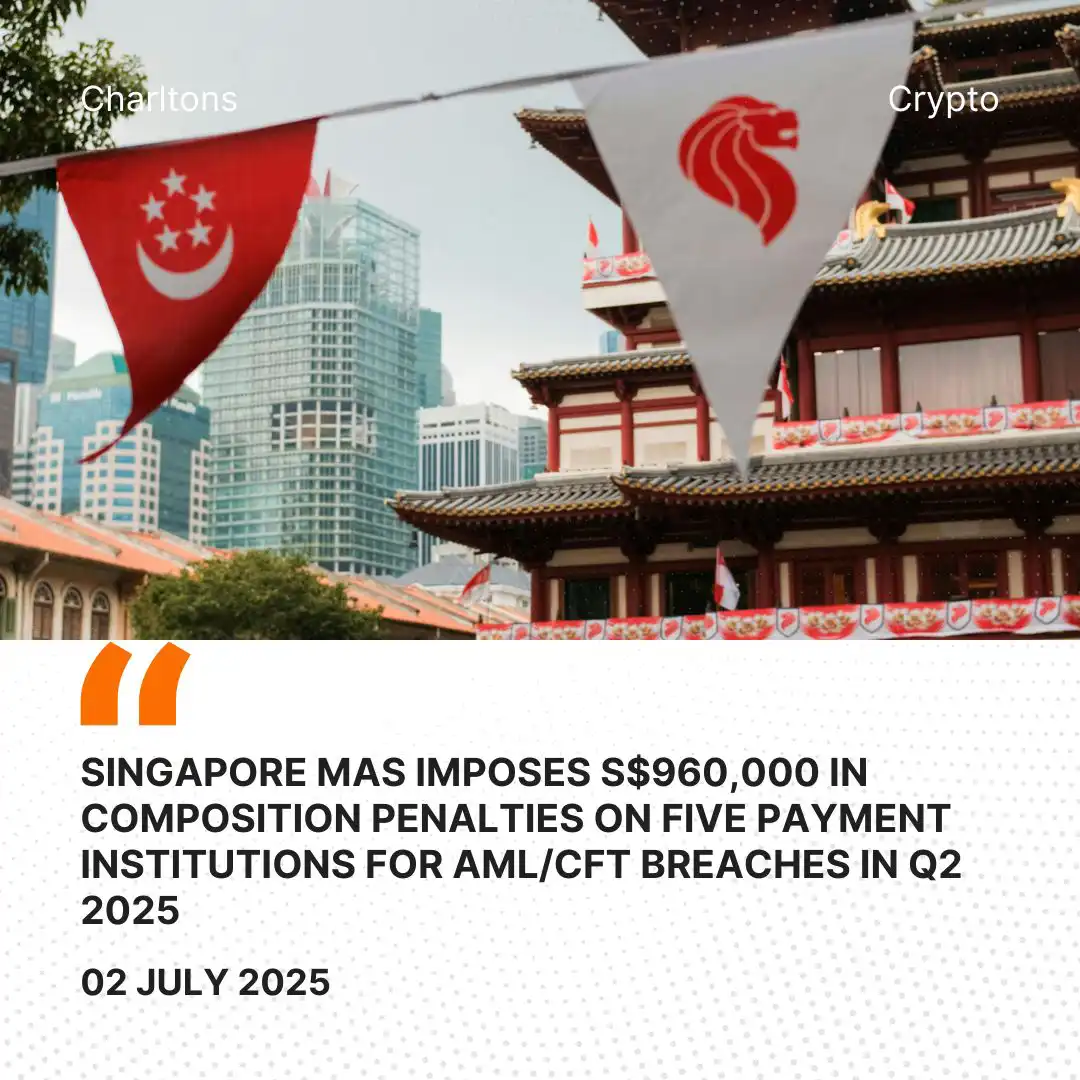
Japan’s Financial Services Agency (FSA), the country’s primary financial regulator, has provided clarification on peer-to-peer (P2P) crypto transactions following recent recommendations to local banks. In a letter dated Feb. 14, the FSA urged banks to enhance user protection by halting transfers to crypto-asset exchange service providers if the sender’s name differs from the account name. This guidance has raised concerns as it could potentially impact P2P transfers, which often involve different users on the sender and receiver ends.
The FSA clarified that its recommendation does not target transactions between individuals. Instead, it aims to combat unlawful money transfers, particularly instances where an individual deposits cash from their bank account into an account belonging to a crypto asset exchange service provider. The agency aims to prevent fraudulent activities where a fraudster persuades a victim to change their name to execute a suspicious transaction.
By blocking transactions where the sender requests a name change to deposit funds into a crypto platform, banks can deter fraudulent activities orchestrated by malicious actors. While these measures have been adopted by several financial institutions, the FSA has not received reports of specific cases raising concerns about crypto asset markets.
The FSA emphasized that its recommendations are not uniformly mandated for all financial institutions. Banks are encouraged to assess their circumstances and implement appropriate measures to enhance security and combat illicit financial activities effectively.
Japan’s proactive stance on combating crypto-related fraud aligns with similar initiatives in neighboring South Korea. The country’s Financial Intelligence Unit plans to introduce a preemptive trading suspension system for suspicious transactions on platforms operating within its jurisdiction. This measure aims to freeze transactions during the pre-investigation phase, enhancing regulatory oversight and safeguarding investors’ interests.
The FSA’s clarification underscores its commitment to strengthening regulatory oversight and protecting consumers in Japan’s evolving crypto landscape. By addressing potential vulnerabilities in P2P transactions and encouraging proactive measures by financial institutions, the agency aims to mitigate risks associated with illicit financial activities and fraud. Furthermore, Japan’s collaborative efforts with regional counterparts like South Korea reflect a broader commitment to fostering a secure and compliant environment for crypto markets. As regulatory frameworks continue to evolve, stakeholders must remain vigilant and adaptable to emerging threats, ensuring the integrity and stability of the digital asset ecosystem.





